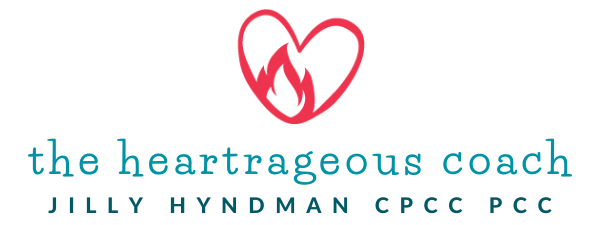Day 8: Structural Comfort
Routines. Schedules. Rituals. Rhythms. Structures.
These all create comfort in a puppy's life, and in our lives, too.
Puppies need routine. It's how they learn how your household works. It's what gives them a sense of security. When life is predictable, they feel safe.
And it doesn't take them long to figure out the rhythms of your day...and let you know when you've strayed!
For a puppy, there are micro rhythms and macro rhythms they learn that help them feel confident and secure. A macro rhythm (or routine) is the shape of their typical day: wake up, go outside to toilet, eat breakfast, play, go for a walk, nap, walk, play, nap, play, eat dinner, meet up with other dogs for more walk/play, go outside to toilet, bed.
Dogs learn quickly when you leave for work (if you do), and when you return, despite being unable to read the clock. The dogs in our dog walking group all know when it's time to meet up, and they let us dog parents know if we're running late!
A micro routine is how a dog learns to follow basic commands or develop good manners. It may include the steps involved in learning to sit, or stay, or cross a street. The micro routines give a puppy a job to do, a focus for a few minutes, and are repeated until they are ingrained and then (hopefully) happen automatically during the macro routine of a day.
For example, when our daughter and I walk to school each morning, we have a micro routine of getting to the entrance of our home, putting on Suzanne's harness and walking a particular route through our neighbourhood. There's a favourite pee spot and a favourite poop spot along the way (for Suzanne, just to be clear). At the corner, we get Suzanne to sit before crossing the street. She then sits and waits for the crossing guard to come to the sidewalk and give her a treat. This process is now ingrained to the point that if we leave the house at another time during the day and take the same path, she strains and whines to get to the intersection...even though the crossing guard isn't there at that time and there's no treat waiting for her.
It's the same reason we humans like routines and schedules: they bring us comfort and certainty in an uncomfortable and uncertain world. But our relationships to structure can vary greatly.
Some people require a lot of structure to feel safe, secure, productive and happy: a calendar with notations for each hour (or minute) of the day; a weekly plan for meals, laundry, sex; vacations planned years in advance; detailed financial plans for retirement forecasting. Cool. Having a plan can feel like control, and control can make us feel good, relaxed and well, in control.
Other folks need less structure and live a more fluid, less-planned-in-advance life. Maybe they catch their favourite show once a week (if they remember); eat when they are hungry and not at regular times; follow urges for how to spend the hours of their day; do what feels good in the moment, rather than what's dictated by a clock or calendar. Cool. Having a spontaneous approach can make us feel good, relaxed and well, in control.
And in times of stress, we can either fervently cling to structures, seeking comfort and certainty in them...or completely throw them out the window, feeling stifled and encumbered. It's interesting to notice how we respond when we feel too constrained, or not constrained enough.
Where we humans can take our routines "next level" is by creating meaning around them. This is where ritual comes in. Rituals give a regular occurrence meaning, and can deepen the comfort the routine provides. Consider family gatherings for holidays, remembrances of loved ones, even a before-bed ritual or making a cup of tea in the afternoon. When we infuse these practices with sacredness, with meaning, they can bring soothing comfort to our lives.
The Rest of Our Lives
So, what lessons can be applied to the rest of our lives, whether or not we have a puppy in our homes? Here are some questions that may help you consider the role of comforting structures in your life.
Our Households and Families
What rituals bring comfort and meaning to your household members?
What rituals or routines might create more certainty and ease in your household?
Which routines or structures might create too much rigidity or confinement?
Our Businesses and Workplaces
How might implementing schedules, routines, repeatable processes help your business or team?
What rituals might be appropriate for a workplace to bring comfort during uncertainty or times of stress?
When do you notice team members or yourself embracing or resisting structure?
Ourselves
What structures currently support you?
What new structures, rituals or routines might bring greater comfort, ease or clarity to your life?
What structures are you clinging to that no longer serve you? How can you let them go or redesign them?
What else?
Where else are you seeing a need for more, less or different comforting structures? Share your thoughts with me by replying, or posting on my social channels. Let’s keep this conversation going.
The bottom line: Structures -- rituals, routines, schedules -- create comfort and certainty in our otherwise uncertain lives.
Puppy Update:
Routines have become fairly ingrained in our household again since the school year began in September. Summer was a bit more flexible, and weekends continue to have a more spontaneous flow than Monday to Friday. We’ve noticed a change in our desire for certain structures since the days have gotten shorter, and the clocks changed a couple weeks ago, so we may be naturally shifting into wintery routines for the next few months. Suzanne still expects a nightly post-dinner play at the park with her friends, and has become quite vocal when we dawdle!




